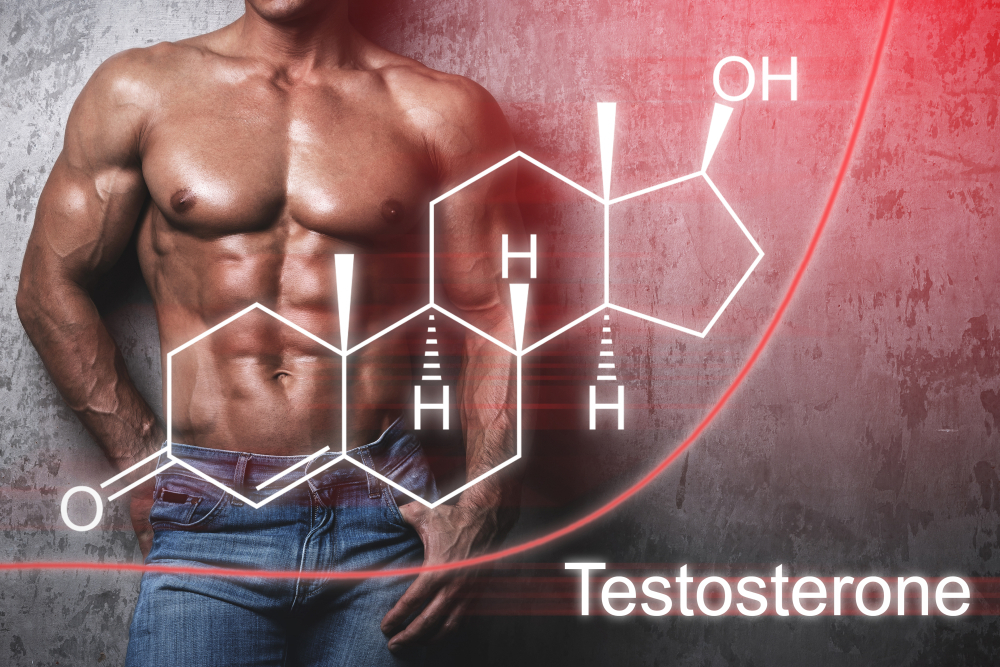Background
Stem cell offers a promising approach to reduce the long-term mortality rate associated with heart failure after acute myocardial infarction (AMI). To date, in vivo translational studies have not yet fully studied the immune response to allogeneic adipose tissue-derived mesenchymal stem cells (ATMSCs). We analysed the immune response and the histological and functional effects of allogeneic ATMSCs in a porcine model of reperfused AMI and determine the effect of administration timing.
Design
Pigs that survived AMI (24/26) received intracoronary administration of culture medium after reperfusion (n = 6), ATMSCs after reperfusion (n = 6), culture medium 7 days after AMI (n = 6) or ATMSCs 7 days after AMI (n = 6). At 3-week follow-up, cardiac function, alloantibodies and histological analysis were evaluated.
Results
Administration of ATMSCs after reperfusion and 7 days after AMI resulted in similar rates of cell engraftment; some of those cells expressed endothelial, smooth muscle and cardiomyogenic cell lineage markers. Delivery of ATMSCs after reperfusion compared with that performed at 7 days was more effective in increasing: vascular density (249 ± 64 vs. 161 ± 37 vessels/mm2; P < 0·01), T lymphocytes (1 ± 0·4 vs. 0·4 ± 0·3% of area CD3+; P < 0·05) and expression of vascular endothelial growth factor (VEGF; 32 ± 7% vs. 20 ± 4% of area VEGF+; P < 0·01). Allogeneic ATMSC-based did not change ejection fraction but generated alloantibodies.
Conclusions
The present study is the first to demonstrate that allogeneic ATMSCs elicit an immune response and, when administered immediately after reperfusion, are more effective in increasing VEGF expression and neovascularization.
URL: https://onlinelibrary.wiley.com/doi/10.1111/eci.12195/full


